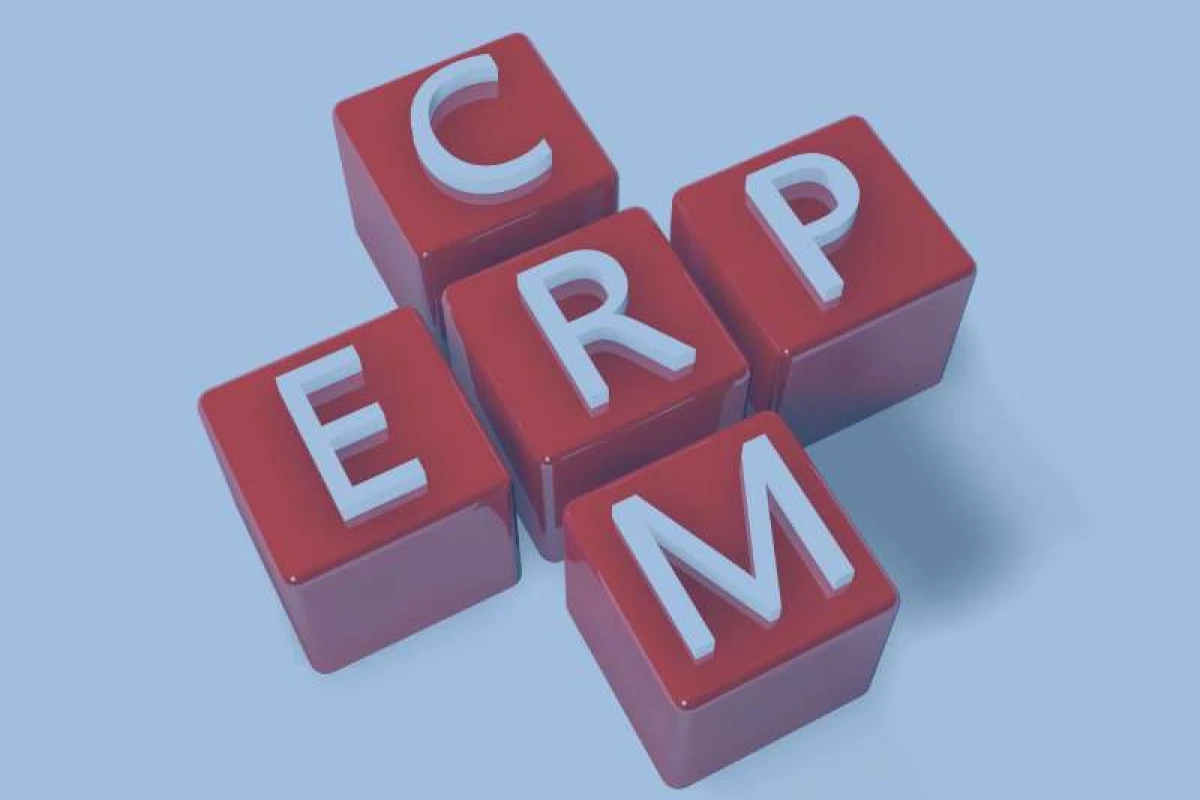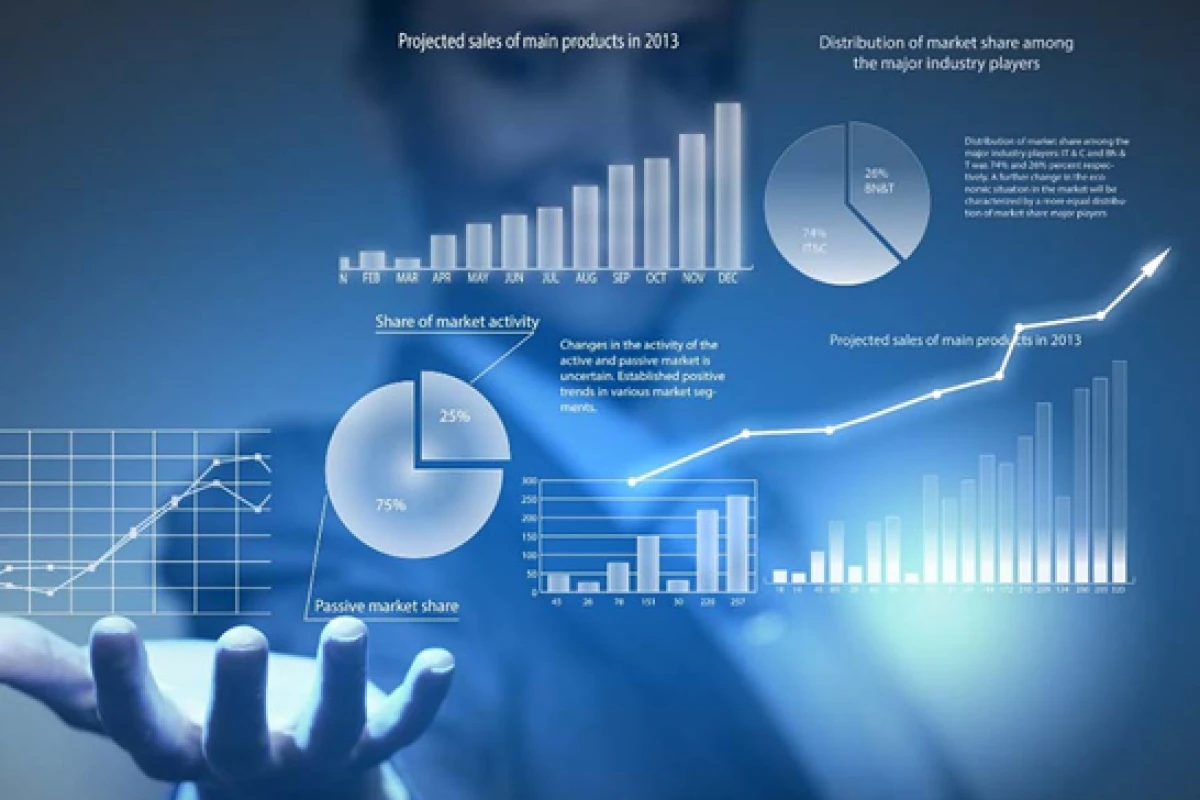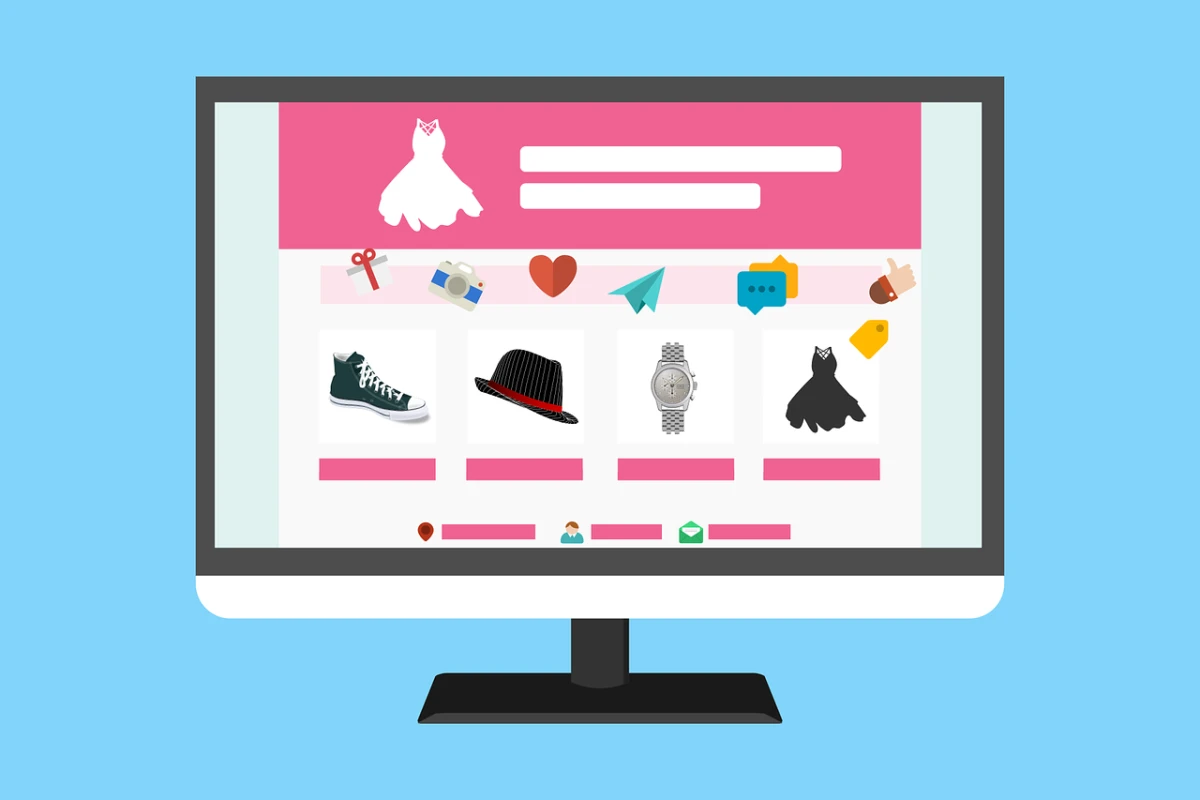CRM and ERP: What’s the Difference?

What is CRM?
CRM (Customer Relationship Management) is a system that helps businesses connect with customers and manage sales. The primary goal of CRM is to understand and improve the customer experience. With CRM systems, companies can:
- Track sales and potential deals — every stage of the process is monitored to ensure no leads are missed.
- Manage customer interactions — all contacts with customers are recorded: phone calls, correspondence, inquiries.
- Analyze the effectiveness of marketing and sales — CRM helps understand which marketing campaigns yield the best results.
Example: Imagine your shoe store has a customer database. With CRM, you can not only remember which models each customer ordered but also create special offers based on their preferences.
What is ERP?
ERP (Enterprise Resource Planning) is a system for managing a company's internal processes. The main goal of ERP is to optimize all business processes within a company: from accounting to human resource management. ERP systems cover more aspects of a business than CRM and include modules for:
- Accounting and finance — helping automate financial accounting and cost management.
- Inventory and warehouse management — ERP facilitates control of stock levels, purchasing, and logistics management.
- Human resources management — ERP systems have HR modules where employee data can be stored, and vacation time and performance can be tracked.
Example: If you own a manufacturing company, ERP will help not only monitor deliveries and stocks but also track costs at every stage of production, enabling optimization of the entire supply chain.
CRM or ERP: When to Choose Which?
Choose CRM if your business focuses on sales and customer service. CRM is an excellent choice for retail stores, marketing agencies, and companies focused on customer experience.
Choose ERP if your company has complex internal processes, such as manufacturing or logistics. ERP helps control costs, plan resources, and enables more efficient management of supply chains.
How Do They Work Together?
Modern companies often combine CRM and ERP to achieve maximum efficiency. CRM helps attract and retain customers, while ERP handles all internal processes. Synchronizing these systems provides a comprehensive view of the process from “start to finish”: from attracting a customer to delivering the product.
Interaction of CRM and ERP in Business
CRM → Lead Management → Sales → After-Sales Service
ERP → Accounting → Inventory → Logistics → Delivery
Summary
CRM and ERP complement each other but serve different purposes. CRM focuses on customer interactions, while ERP optimizes internal processes. Together, they form a comprehensive system that helps businesses grow more efficiently.

